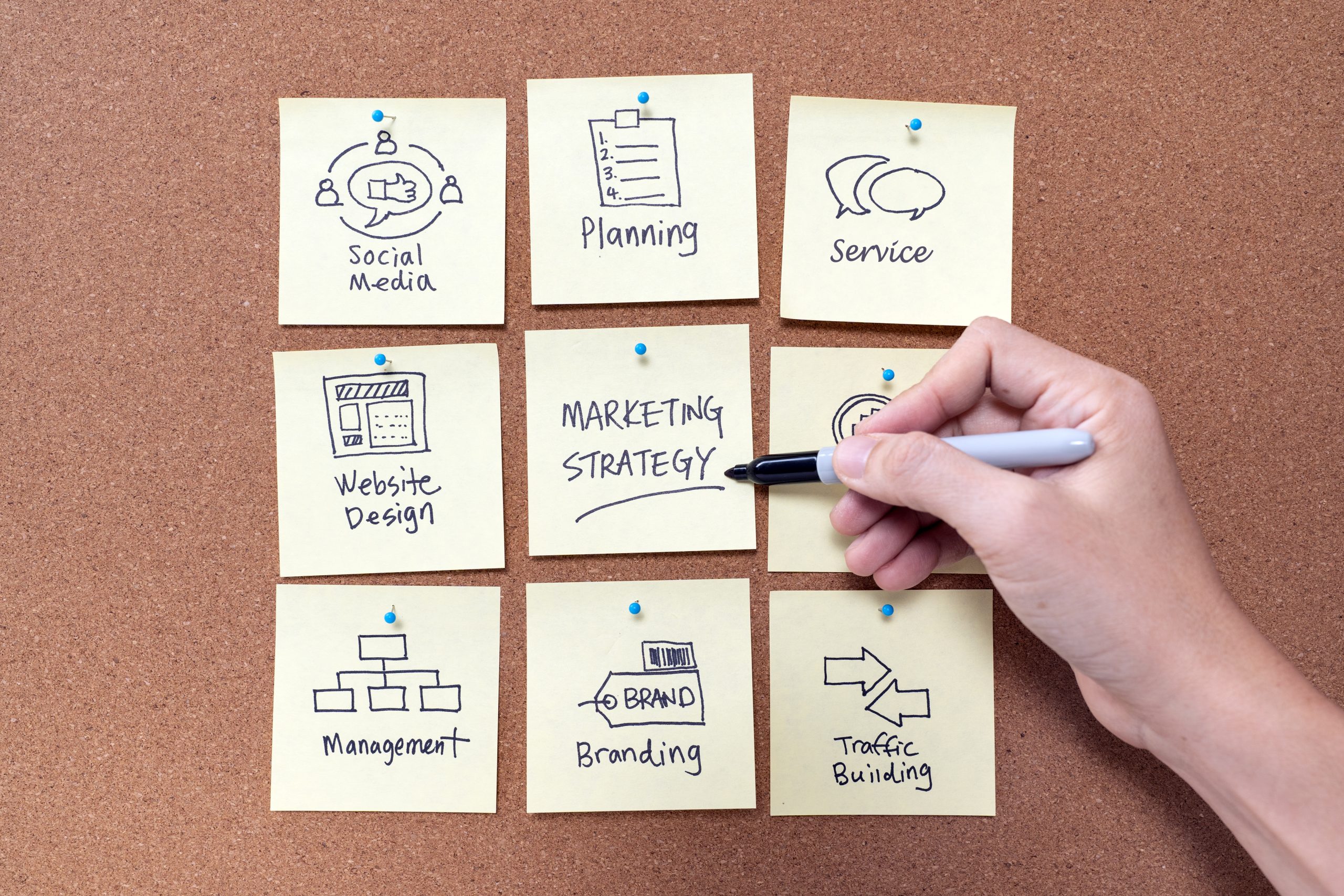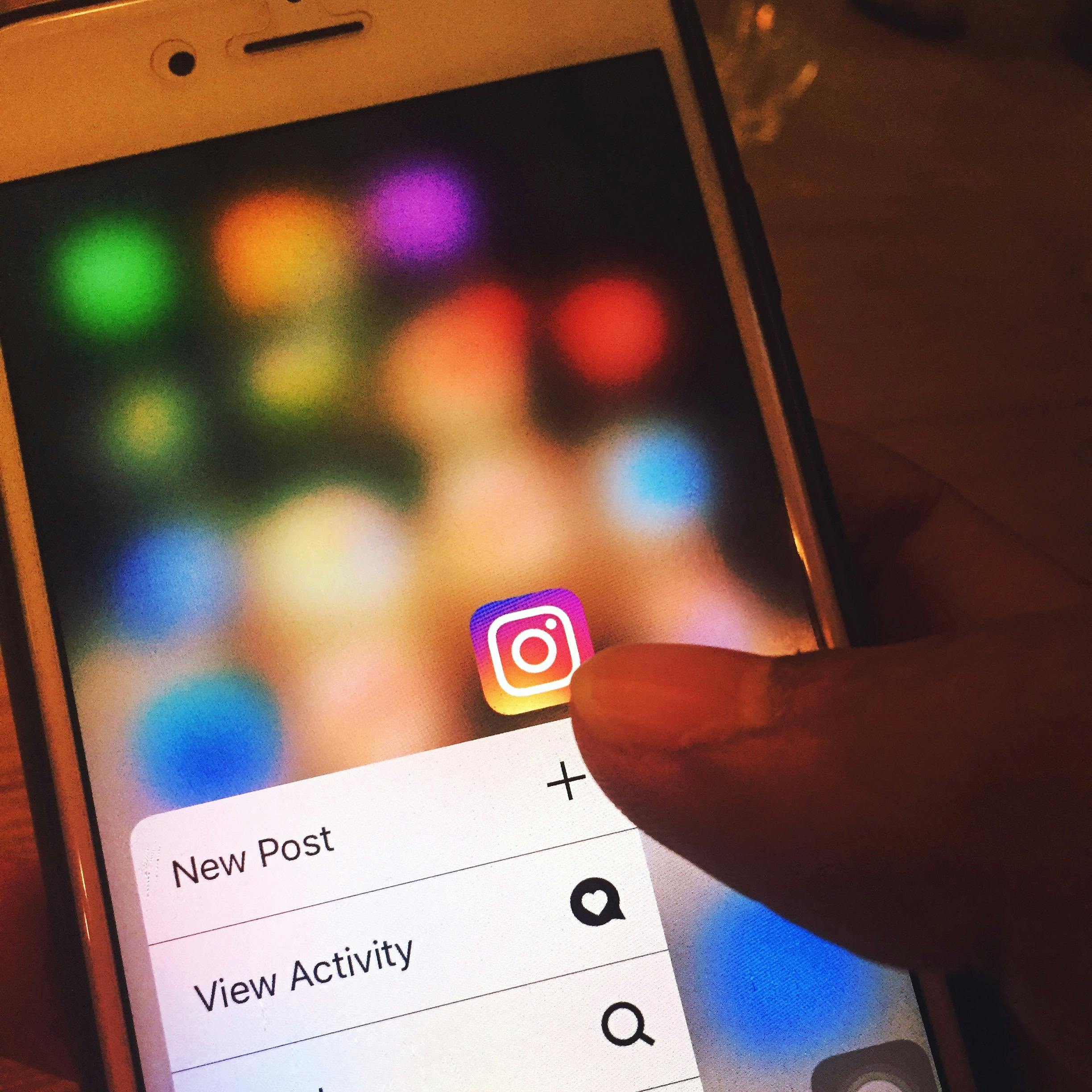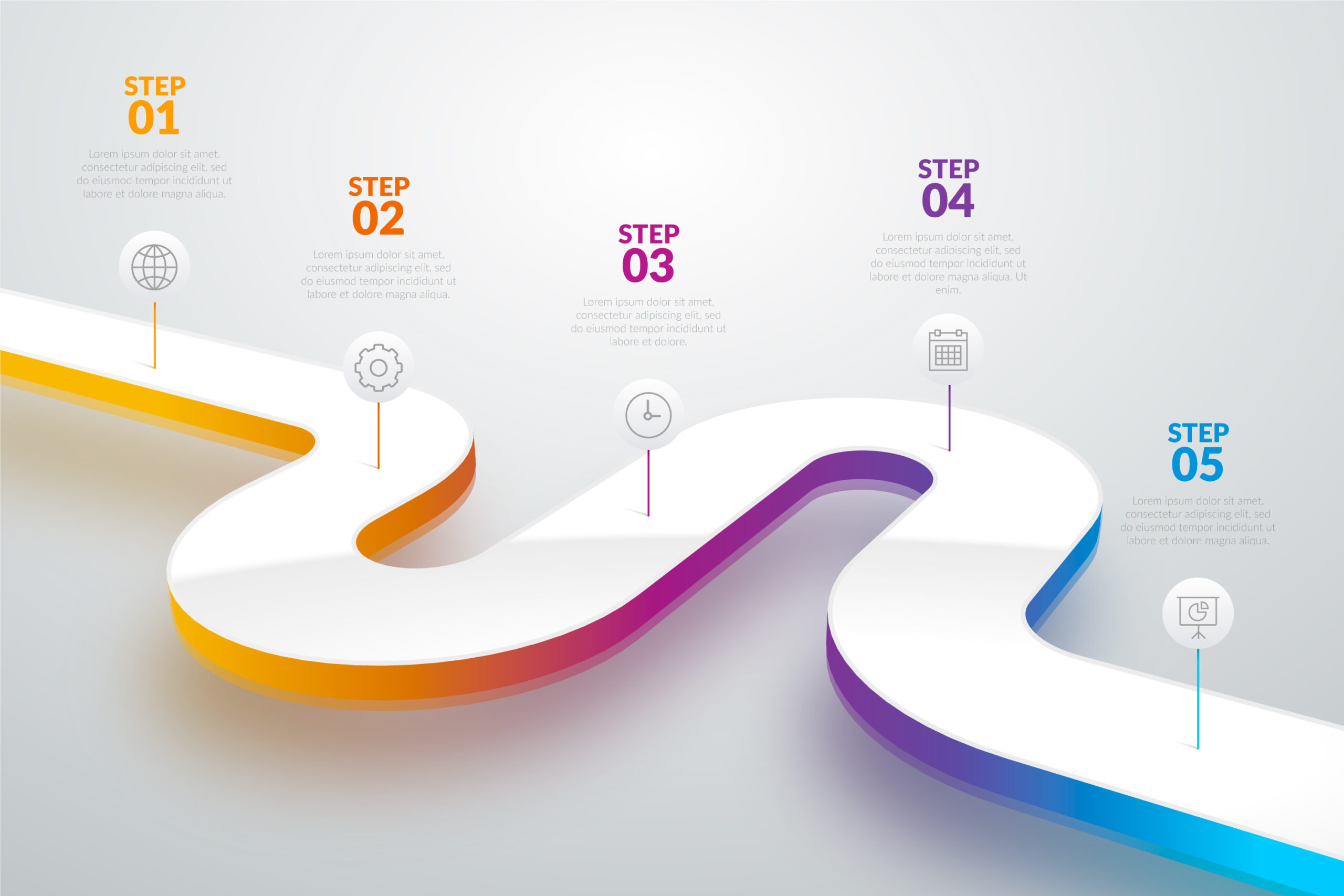Mastering omnichannel marketing is crucial for businesses that want to deliver consistent messaging across all platforms and channels. Today, creating seamless interactions is more important than ever. Aligning your marketing efforts ensures your message stays uniform, which builds stronger relationships with your audience and drives better engagement. Through this strategy, you can ensure your business’s voice resonates across all customer touchpoints, no matter where they interact with your brand.
What is Omnichannel Marketing?
Omnichannel marketing is more than using multiple platforms. It creates a fully integrated experience for your customers. Every touchpoint connects, allowing smooth interactions no matter where your audience encounters your brand. Whether browsing a mobile app, receiving an email, or visiting your store, omnichannel marketing creates a unified journey for your customer.
For instance, a customer might browse a product on your website, receive a personalized email offering a discount based on that product, and later visit your store to complete the purchase. This series of interactions becomes a cohesive message, building trust.
Key elements of omnichannel marketing:
- Seamless Integration: Every platform works together to create a cohesive journey.
- Personalization: Messages adjust to individual customer behavior, boosting relevance.
- Consistency: The message stays the same across platforms, avoiding confusion.
By focusing on these elements, your business can maintain a stronger brand presence and improve customer satisfaction.
Why Consistent Messaging is Important in Omnichannel Marketing
Consistency in messaging is the key to brand success. Customers expect the same voice, tone, and message whether they interact with your website, social media, or in-store. If your message varies across platforms, it can confuse customers and weaken your brand’s impact.
For instance, offering different promotions on your website than what’s in your emails can frustrate customers. Instead, aligning all your marketing channels creates a seamless customer experience.
Why does consistent messaging matter?
- Brand Recognition: Repeated exposure to the same message strengthens brand identity.
- Customer Trust: Consistency builds customer confidence, encouraging engagement.
- Clarity: A unified message eliminates ambiguity, allowing customers to interact smoothly across platforms.
By delivering consistent messaging, you create a stronger connection with your audience, and they are more likely to trust and engage with your brand.
Steps to Build an Effective Omnichannel Marketing Strategy
Creating a strong omnichannel marketing strategy doesn’t have to be overwhelming. With a few manageable steps, you can build a strategy that connects with your customers wherever they are.
- Know Your Audience: To connect effectively, understand where your customers spend time and how they interact with your brand. Analyzing customer behavior will reveal where to focus your efforts.
- Segment Your Customers: Personalization is essential in omnichannel marketing. Segment your audience based on preferences, location, and past interactions to send tailored messages.
- Integrate All Platforms: Ensure that all your platforms, from email campaigns to in-store promotions, work in harmony. A centralized content management system can streamline integration.
- Monitor and Optimize: Continuously assess your strategy’s effectiveness by tracking customer behavior across channels. Regularly adjust your messaging based on insights.
Key actions to take:
- Use tools to monitor performance across channels.
- Personalize messaging based on customer segments.
- Keep refining your strategy as you gain insights.
These steps will help you build a robust strategy that stays connected with your audience.
Benefits of Consistent Omnichannel Marketing
There are many benefits to mastering omnichannel marketing, but one of the biggest advantages is the ability to build deeper customer relationships through consistency. Customers encountering the same messaging across platforms are more likely to trust your brand, engage with content, and make purchases.
Other key benefits include:
- Increased Engagement: Seamless communication across platforms encourages more customer engagement.
- Stronger Loyalty: Consistent messaging reinforces brand identity and encourages return customers.
- Higher Conversion Rates: A smooth customer journey increases the chances of converting interactions into sales.
A well-executed omnichannel marketing strategy can significantly improve customer retention and create a competitive edge in a crowded market.
Additionally, when businesses maintain consistency across multiple platforms, they stay top-of-mind with their audience, increasing the likelihood of repeated engagement and fostering long-term loyalty.
Challenges to Implementing Omnichannel Marketing
Despite its benefits, omnichannel marketing poses challenges, especially for businesses that lack cohesive data systems or streamlined communication. However, understanding these obstacles can help you overcome them.
Common challenges include:
- Data Silos: Different teams might manage customer data separately, preventing a unified customer experience.
- Technological Barriers: Some platforms may not integrate easily, making it harder to create cohesive messaging.
- Inconsistent Branding: Without clear guidelines, different teams may produce conflicting messages that hurt your brand.
You can tackle these challenges by:
- Using a customer relationship management (CRM) system to centralize data and ensure consistency.
- Developing brand guidelines that ensure every team maintains the same message across all platforms.
- Implementing automation tools to keep messaging consistent without requiring manual input for each platform.
By addressing these challenges, you can streamline your marketing efforts and ensure consistency across all channels.
The Role of Technology in Omnichannel Marketing
Technology plays a critical role in ensuring omnichannel marketing success. It connects platforms and ensures consistent communication with your audience.
Key technologies include:
- CRM Systems: These systems help you centralize customer data, making personalization and consistency easier.
- Automation Tools: These tools automate processes like sending personalized emails or posting on social media, saving time while ensuring consistency.
- Data Analytics: Advanced analytics help businesses track customer interactions across channels, allowing for continuous optimization of the omnichannel strategy.
Additionally, new technological trends like artificial intelligence (AI) and machine learning can enhance personalization. These tools use customer data to predict behaviors and preferences, enabling businesses to tailor their messaging in real-time. As technology advances, incorporating these innovations will be critical for maintaining effective omnichannel marketing strategies.
The Future of Omnichannel Marketing
Looking forward, businesses must adapt to emerging platforms and technologies to keep up with customer expectations. AI-driven personalization, voice search, and wearable technology will continue to shape how businesses connect with their audiences. Staying agile and innovative will be essential to thriving in this evolving digital landscape.
Emerging trends include:
- AI and Machine Learning: These technologies allow businesses to deliver personalized messages based on real-time data.
- Voice Search Integration: As voice search becomes more popular, businesses need to optimize for this platform as part of their omnichannel strategy.
- Wearable Technology: Brands will need to integrate with new devices, ensuring that their messaging reaches customers in more personalized and timely ways.
Ultimately, businesses that master omnichannel marketing will be well-positioned to thrive in this competitive landscape. By keeping their messaging consistent and adapting to new platforms, these businesses will maintain a strong connection with their audience and stand out in a crowded market.
Going Forward
Mastering omnichannel marketing for consistent messaging helps businesses connect with customers on a deeper level, improving engagement, loyalty, and conversions. By developing an integrated strategy that links all platforms and delivers a unified message, you create a seamless customer experience. Though challenges exist, addressing them with the right technology and strategy can set your brand apart. The long-term benefits of omnichannel marketing make it essential for any business that wants to thrive in today’s digital environment.













